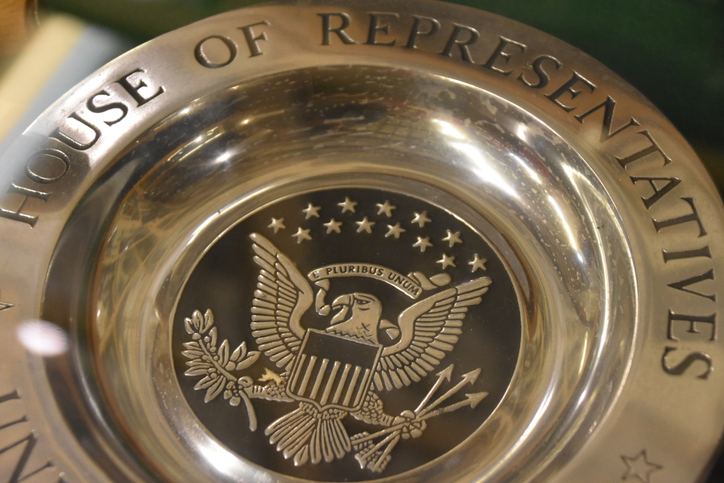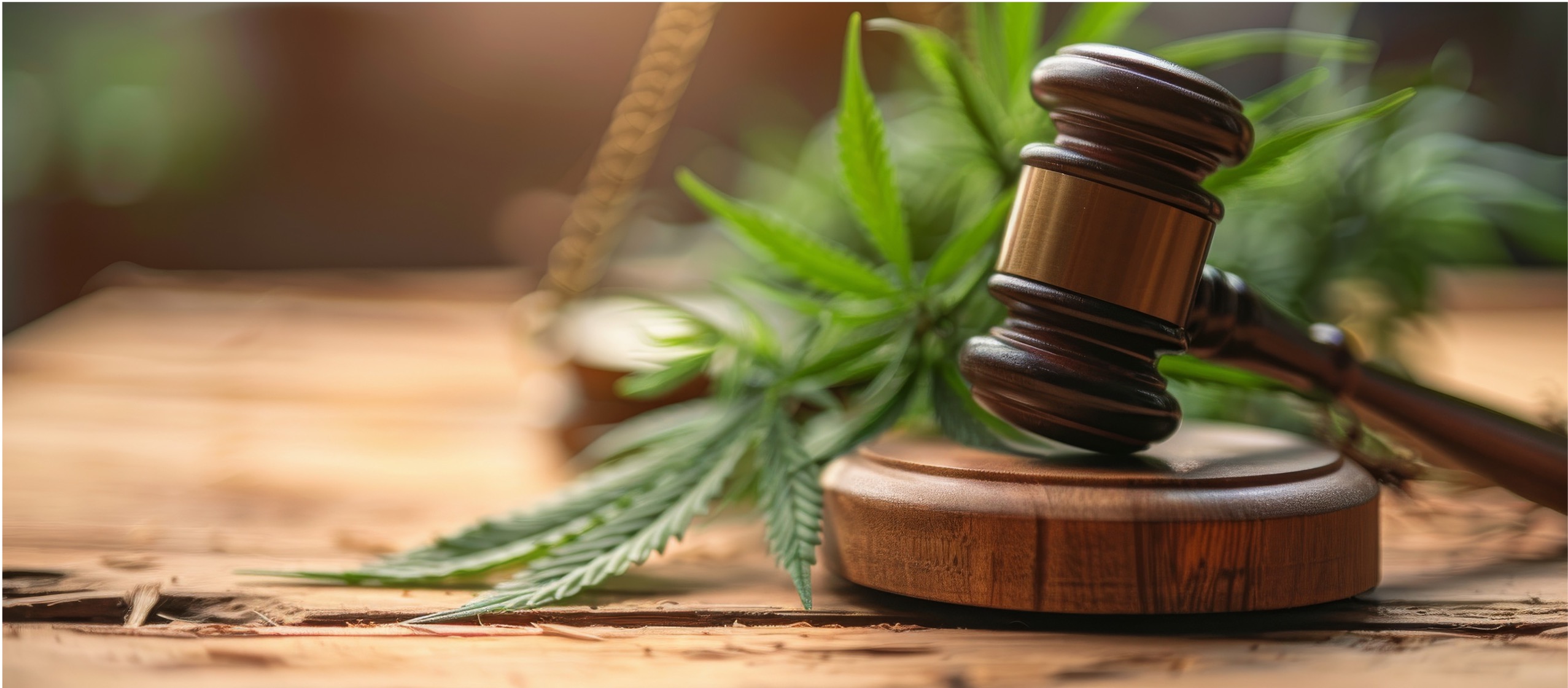On November 3rd, the US experienced an historic US election by all accounts – a record number of Americans voted, both in person and by absentee ballot. We voted for government leadership, state leadership, and on state and local initiatives. What emerged a big winner in different parts of the country? Cannabis. Five states had cannabis initiatives on their ballots – Arizona, Mississippi, Montana, New Jersey, and South Dakota – the most in any election cycle, and all of them passed. Cannabis is now legal for medical use in 36 states and adult recreational use in 15 states. After the election, New Frontier Data projected that with these five states entering and increasing the marketplace, the regulated U.S. cannabis market will hit $38.3 billion by 2025. Here’s a state-by-state rundown of the legislation that was proposed and passed.
Arizona
- Legal Recreational Adult Use
- Legal Medicinal Use
Adult recreational use of cannabis will be legal in Arizona, as a majority of voters approved Prop 207. This proposition allows adults 21 and older to possess, consume or transfer up to one ounce of cannabis and create a regulatory system for the cannabis cultivation and sale. Arizona’s Department of Health Services will be tasked with licensing and regulating all cannabis businesses, from growers to retailers. A 16% excise tax will be levied on sales. The money generated from licensing and renewal fees, application fees, civil penalties, excise taxes and penalties related to selling and testing cannabis will be deposited in the smart and safe Arizona fund. Monies in this fund will first be used to pay for the costs of implementing, administering and enforcing the measure. If monies remain in the fund after getting the measure off the ground, they would be distributed to community college districts and provisional community colleges, municipal police and fire departments, fire districts and county sheriffs’ departments, the Arizona highway user revenue fund and various “justice reinvestment programs.” Another important aspect of the proposition is that people with cannabis-related criminal records can petition to have the charges expunged.
Mississippi
- Legal Medicinal Use
Mississippi voters were asked to weigh in Ballot Measure 1, featuring two versions of an amendment regarding the use of medicinal cannabis. Voters could approve Initiative 65 or Initiative 65A or vote against both. Initiative 65, which was approved by an overwhelming 73% of voters, will allow physicians to recommend medical cannabis for patients with any of 22 qualifying conditions such as cancer, multiple sclerosis, chronic pain, and post-traumatic stress disorder. Patients will be allowed to possess up to 2.5 ounces of cannabis per two-week period. The constitutional amendment will establish a regulatory program overseen by the Mississippi Department of Health for businesses to grow and sell medical cannabis and for the products to be taxed at a 7% rate. Regulations for the program must be developed by July 1, 2021, and medical cannabis patient cards must be issued by August 15, 2021. Initiative 65A would have limited the smoking of medical cannabis to people who are terminally ill and would have left the regulatory framework up to the Legislature. This initiative did not pass.
Montana
- Legal Adult Recreational Use
- Legal Medicinal Use
Montana voters had two cannabis initiatives on their ballots to consider this fall, and both were approved. Prior to the vote in October, Montana State University released results of a poll on Montanans’ stance on cannabis; among active and likely voters, 49% supported legalization and 39% opposed it. The first initiative was Initiative 118, which amends the state’s constitution to establish 21 as the legal age to purchase, possess, and consume cannabis. The second, Initiative 190, allows adults in the state to possess and buy cannabis for recreational use. The state Department of Revenue will oversee the set up and regulation of a commercial system for growing and selling cannabis and will impose a 20% tax on sales. Half of the revenue generated from sales will go toward environmental conservation programs, and the remaining revenue toward veteran services, drug treatment, health care and local governments, and the general fund. It would also allow people convicted of past cannabis-related crimes to apply for regu or records expungement. Opponents of the law have filed a lawsuit to have the legalization vote overturned on the grounds that the initiative is unconstitutional.
New Jersey
- Legal Adult Recreational Use
- Legal Medicinal Use
New Jersey voters approved Public Question #1 on their ballots, which asked: “Do you approve amending the Constitution to legalize a controlled form of marijuana called ‘cannabis’?” This amends the state constitution to legalize cannabis for personal, non-medical use by adults 21 and older. The Cannabis Regulatory Commission that oversees the medical market will also regulate the personal market, including production and sales. This week, a New Jersey Senate and Assembly committee approved identical bills to implement marijuana regulations following approval of Public Question #1. Members of the Senate panel also merged two bills to decriminalize cannabis in the short term, which also passed. The state Attorney General is also being called on to issue a directive to end prosecutions for low-level marijuana offenses.
South Dakota
- Legal Adult Recreational Use
- Legal Medicinal Use
South Dakota voters had two cannabis decisregulations to make – one on medical use and one on recreational use – and both passed. Measure 26 establishes a medical cannabis program and registration system for people with qualifying chronic, debilitating conditions and diseases such as severe pain, nausea, and seizures. Patients will be allowed to purchase and possess up to three ounces of cannabis from a licensed dispensary. Amendment A legalizes the possession, transportation, and distribution up to one ounce of cannabis for all adults over 21 years old and require state legislators to adopt medical cannabis and hemp laws by April 1, 2022. Voter-approved cannabis will become law on July 1, 2021.
2021 and Beyond
The support for cannabis legislation that voters have shown in this election cycle bodes well for other states legalizing medicinal and/or recreational use in the next few years. New York had the legalization of cannabis in its sights earlier this year, but once COVID struck, state lawmakers moved that conversation to the backburner to respond to health crisis and the subsequent economic fallout. Now that New Jersey has approved recreational cannabis use, it seems highly likely that New York legislators will take up the topic of legalization in 2021, knowing the revenue that can be generated with cannabis sales. This winter, New Mexico legislators will reconsider decriminalizing cannabis for recreational use. Earlier this year, a bill backed by State Representative Javier Martinez died in their Senate Judiciary committee. Martinez believes that legalization and regulation of cannabis not only presents a huge opportunity for job creation and revenue generation, but it would also reduce harm that criminalization brings to its youth and people of color. Support for legalization is also building in Texas; State Representative from San Antonio, Roland Gutierrez, is proposing a legalization bill. He believes that cannabis could create upwards of 30,000 new jobs and bring in over $3 billion in revenue.
According to the Pew Research Center, two-thirds of the American public support federal legalization of cannabis – and the most recent approval of these state initiatives and ballot measures further validates this wave of public support and approval of cannabis. When it comes to how cannabis use is perceived by the public, there is no denying that the tide has turned in this country. State by state, the green wave continues to roll across the country – it just seems to be a matter of time before federal legalization becomes a reality.





